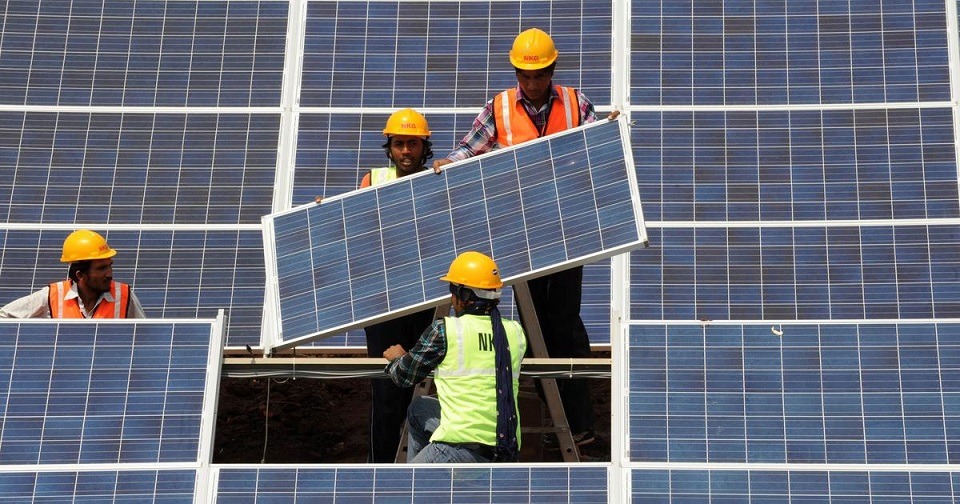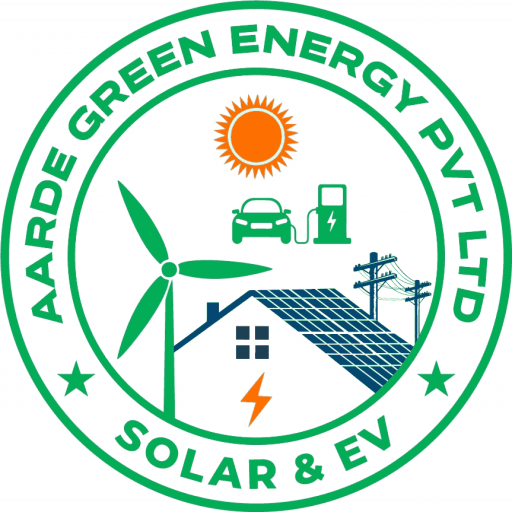
Understanding Return on Investment (ROI) in solar energy involves assessing the financial benefits of installing solar panels compared to the initial investment cost. Here’s how to calculate and interpret ROI:
1. Initial Costs
Installation: This includes the price of the solar panels, inverter, battery (if applicable), and labor for installation.
Incentives and Rebates: Government incentives, tax credits, and rebates can significantly lower the initial cost.
2. Savings on Energy Bills
Solar energy reduces your electricity bills by generating free energy from the sun. The more you use solar energy, the more you save.
Net Metering: The excess energy produced by solar panels can be sent back to the grid for credit, adding to your savings.
3. Energy Production and Efficiency
The amount of energy produced by your system depends on factors like panel efficiency, the amount of sunlight your location receives, and the size of your system.
Panel Degradation: Solar panels lose about 0.5% to 1% of their efficiency per year, which can slightly reduce savings over long time.
4. Maintenance Costs
Solar panels require minimal maintenance, but periodic cleaning and occasional inverter replacement might be needed. These costs should be factored into the overall ROI calculation.
5. Payback Period
This is the time it takes for your energy savings to equal the initial cost of installation. It typically ranges from 4 to 5 years, depending on your system size, local energy rates, and incentives.
6. Long-Term Financial Benefits
After the payback period, the energy generated by the panels is essentially free, providing substantial savings for the remaining lifespan of the system (typically 20–30 years).
Increased Property Value: Solar panels can also increase the resale value of your home, which adds to the overall financial benefit.
Summary
Solar energy offers a strong ROI through energy savings, tax incentives, and reduced utility costs. Although the initial investment may be significant, the long-term financial benefits, including potential increases in property value and lower energy bills, make solar energy a valuable investment
